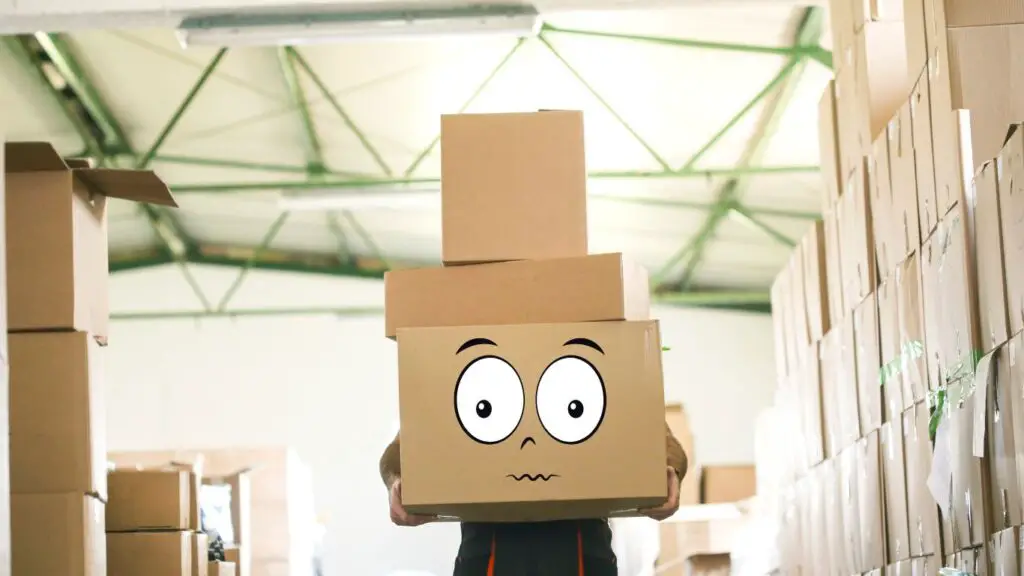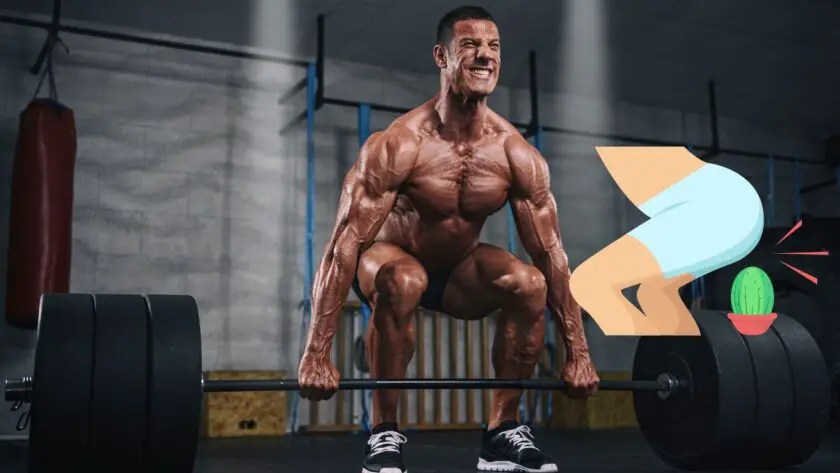Haemorrhoids, also known as piles, are a common condition that affects the veins in the lower rectum and anus. They can cause itching, pain, and bleeding, and can be a result of a variety of factors, including genetics, diet, and lifestyle.
One potential cause of haemorrhoids is lifting heavy objects. When lifting a heavy object, the increased pressure on the veins in the rectum and anus can cause them to become swollen and inflamed, leading to the development of haemorrhoids.
This is particularly true for people who lift heavy objects frequently, such as weightlifters or construction workers.
Haemorrhoids from lifting, what can we do to avoid them?
There are several steps that can be taken to prevent haemorrhoids from lifting. One of the most important is to use proper lifting technique. This includes keeping the back straight, bending the knees, and lifting with the legs rather than the back.
It is also important to avoid lifting objects that are too heavy, and to use proper equipment, such as a back brace, to support the back and reduce the risk of injury.

In addition to proper lifting technique, maintaining a healthy diet and lifestyle can also help prevent haemorrhoids. A diet that is high in fiber can help to keep the stools soft and prevent constipation, which can put unnecessary strain on the veins in the rectum and anus.
Drinking plenty of water and exercising regularly can also help to prevent constipation and maintain healthy bowel movements.
If you are experiencing symptoms of haemorrhoids, such as itching, pain, or bleeding, it is important to see a healthcare professional for an evaluation.
Treatment options for haemorrhoids include over-the-counter creams and ointments, as well as more invasive procedures, such as rubber band ligation or surgical removal.
In conclusion, haemorrhoids are a common condition that can be caused by lifting heavy objects. To prevent haemorrhoids from lifting, it is important to use proper lifting technique, maintain a healthy diet and lifestyle, and see a healthcare professional if you are experiencing symptoms.
With the right prevention and treatment, it is possible to manage haemorrhoids and reduce the risk of complications.






